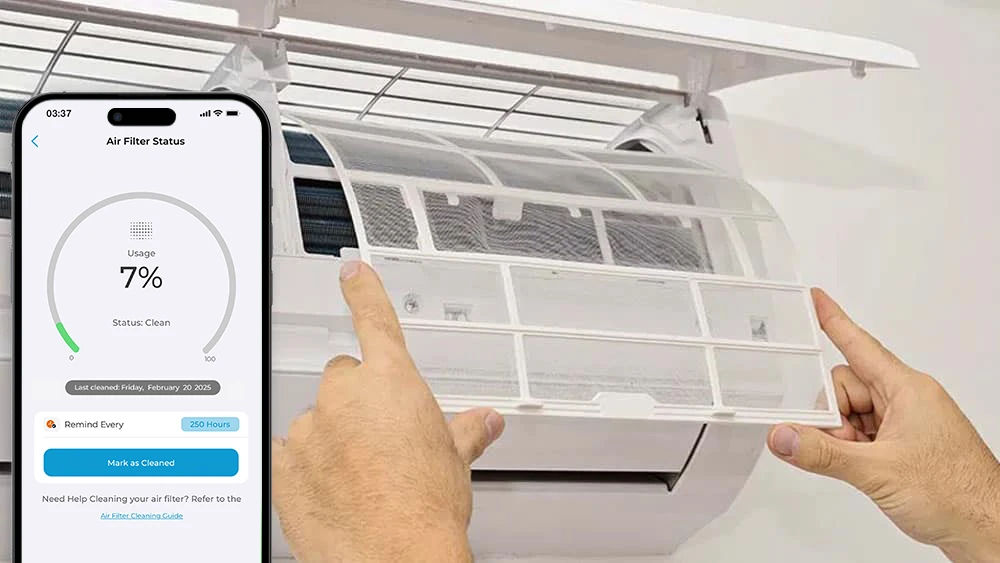
Key Takeaways
- AC air filters improve indoor air quality by removing dust, pollen, and pollutants.
- MERV ratings show AC filter efficiency; higher numbers mean better filtration.
- Dirty AC filters raise energy bills. Replace every 3–4 months for optimal performance.
According to the EPA, indoor air can be 2–5 times more polluted than outdoor air, and Americans spend almost 90% of their time indoors. Your AC filter plays a key role in keeping that air clean and maintaining smooth airflow, but it’s one of the most commonly overlooked parts of the system. Once the filter becomes clogged or isn’t the right type for your unit, airflow drops, rooms feel less comfortable, your energy use can go up, and the quality of your indoor air can decline.
This guide explains what AC air filters are, how they work, and how you can pick and maintain the right one so your system runs better and the air you breathe is cleaner.
What Are AC Air Filters?

An air filter is a component that traps airborne particles, cleaning the air as it passes through the system. As the AC pulls in air, the filter captures indoor pollutants like pollen, pet dander, and other tiny particles before the air is cooled or heated and sent back into your room. It has a porous structure that allows air to pass while capturing dust, pollen, pet dander, and other fine contaminants. By reducing the particles that continue to circulate indoors, air filters help improve indoor air quality and protect your system from buildup.
AC filters are mostly made from fine fiberglass thread, which is then spun on a frame, or from fine paper or cloth wrapped around a cardboard frame. Some particles that an air conditioner filter can help protect you against include:
- Pollen
- Mold
- Pollutants present in the outdoor air
- Dust
- Fur from pets
- Dead skin or dander
How Are Air Filters Rated?
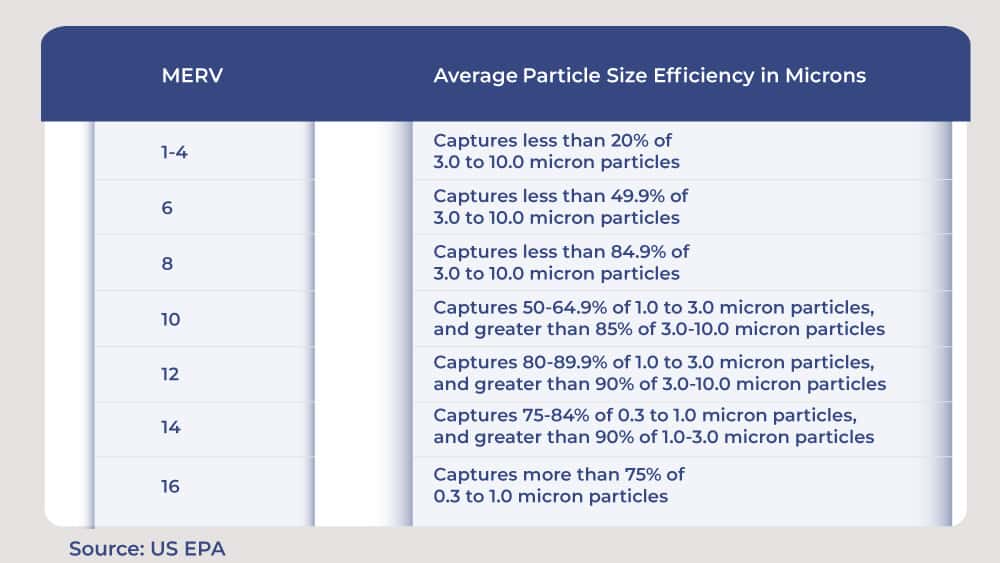
Air filters are rated based on how effectively they capture airborne particles of different sizes. The most common standard is the Minimum Efficiency Reporting Value (MERV) rating, which ranges from 1 to 20. A higher MERV rating means the filter can trap smaller particles and provide cleaner air.
The United States Environmental Protection Agency provides the following figures to help compare the performance of various filters:
Although a higher MERV rating indicates better filtration performance, it doesn’t necessarily mean it’s the right choice for every system. Each rating range is designed for specific applications.
MERV 1–4 filters are the most basic and affordable option, suitable for minimal filtration needs. They can capture large particles like dust and lint, but aren’t very effective against smaller contaminants.
MERV 5–8 filters are ideal for most residential settings. These pleated filters offer a good balance between airflow and filtration, efficiently trapping common household pollutants like pollen, mold spores, and pet dander.
MERV 9–12 filters are mid-range and offer higher-quality filtration, capturing particles as small as one micron. They’re suitable for homes where air quality is a concern, such as those with pets or allergy sufferers.
MERV 13–16 filters are designed for specialized environments such as hospitals, laboratories, and cleanrooms. They can trap particles as small as 0.3 microns, including bacteria and smoke, but are often too dense for standard residential systems.
While higher MERV filters deliver superior filtration, they can also restrict airflow when used improperly, reducing system efficiency and potentially straining your HVAC unit.
Types of AC Air Filters
The following are some of the most commonly used AC filter types, each offering different levels of filtration and airflow performance:
-
Fiberglass Air Filter
Fiberglass filters are among the most common and budget-friendly options for residential HVAC systems. They’re made of fine glass fibers laid over a metal or cardboard frame and are designed for single use only. These filters primarily trap larger particles, such as dust and lint, but are less effective against finer contaminants, such as pollen or smoke.
With low MERV ratings, they provide minimal airflow resistance, helping maintain system efficiency but limiting air purification. Their low cost and easy availability make them popular for short-term use, but they generally need to be replaced every 30 days to prevent dust buildup and airflow restriction.
-
Pleated Air Filters
Pleated filters are made of tightly woven cotton cloth in an accordion shape, increasing their surface area for better particle capture. They can trap smaller contaminants such as pollen, mold spores, and pet dander, offering a good balance between cost, efficiency, and durability.
These filters typically offer better filtration than basic fiberglass filters. Some pleated filters reach MERV 13, but system compatibility should be checked before using higher ratings. Advanced pleated filters can also have electrostatic coatings to improve fine-particle capture without sacrificing efficiency.
-
High-Efficiency Particulate Air (HEPA) Filters
HEPA stands for High Efficiency Particulate Air, and these filters are designed to capture 99.97% of extremely small particles, including dust, pollen, mold spores, smoke, and some bacteria. A HEPA filter is made from a dense, tangled mat of very fine fibers. Because HEPA filters are very thick and can slow airflow, they are usually installed in a separate filter box or air handling unit, often along with a pre-filter that captures larger particles first. This setup keeps airflow smooth while still providing very high-level air cleaning for spaces that need it.
-
Washable/Reusable Air Filters
Washable filters are made from durable synthetic or aluminum mesh materials and can be cleaned and reused multiple times. While they are eco-friendly and cost-effective, their filtration capability is limited, making them best suited for low-pollution environments.
Regular maintenance is critical; if not cleaned and dried properly, these filters can harbor mold, mildew, or bacterial growth. Proper care extends their lifespan by several years, but their efficiency remains lower than that of disposable pleated or HEPA filters.
Air Filter Maintenance
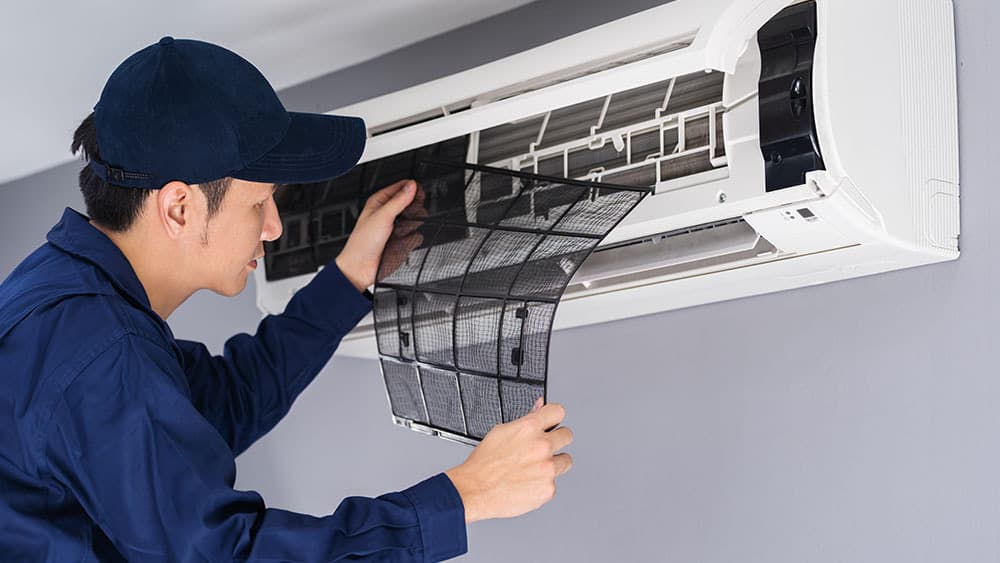
When airflow is restricted, the system works harder than necessary, which can strain components like the blower motor and evaporator coil. Over time, this can shorten equipment life and increase the likelihood of repairs. According to the US Department of Energy, replacing a dirty filter can lower your air conditioner’s energy consumption by 5-15%.
Dirty filters can also allow trapped particles to return to your indoor air, which can be troublesome for those with allergies or asthma. Keeping the filter clean reduces the recirculation of dust, pollen, pet dander, and other airborne irritants throughout your home. How often you clean or replace your air filter depends on your environment; homes with pets, higher dust levels, or allergy concerns may require more frequent upkeep to maintain performance.
AC Filters Best Practices
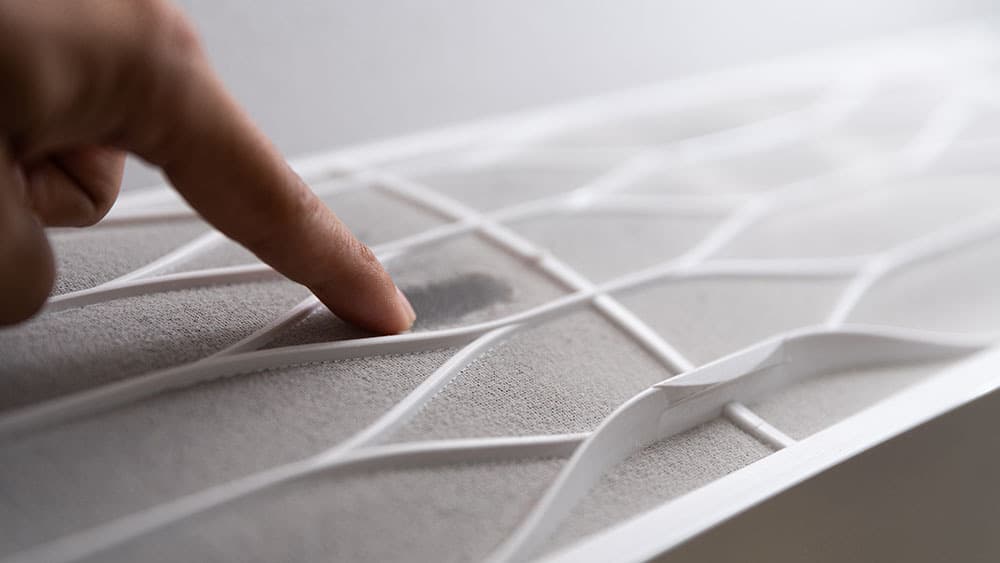
-
Pleated Filters for Improved Efficiency
Pleated filters have an accordion-like design that provides more surface area, enabling better airflow and a higher dust-holding capacity than flat filters. They last longer and provide efficient filtration for most homes.
-
Smart Filter Reminders
Keeping track of when to clean your AC filter can be tricky. Smart filter reminders can be very helpful. Cielo smart thermostats for mini-splits track your AC’s runtime and send notifications when it’s time to clean the filter, keeping efficiency on point.
Your best choice to make any mini-split, window,
or portable AC smart. Enhance your comfort and savings.
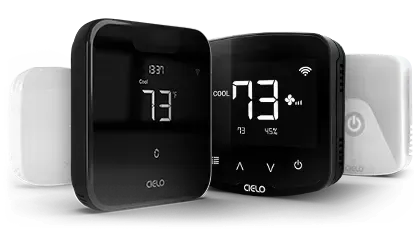
-
Use HEPA Filters When Required
Use HEPA filters if someone in the home has allergies, asthma, or sensitivity to airborne particles. These filters are designed to capture very fine pollutants like pollen, pet dander, mold spores, and smoke particles. They make sense in homes with pets, high dust levels, or if indoor air quality is a priority. HEPA filters are denser and may restrict airflow more than standard pleated filters. If the HVAC system isn’t designed to handle that resistance, it may have to work harder, reducing efficiency.
-
Choose the Right Size
An oversized filter won’t fit properly, and one that’s too small can reduce performance. Filters come in various sizes, usually measured as Length × Width × Depth (1–6 inches deep). Some standard AC filter sizes are:
- 10 X 20
- 14 X 20
- 16 X 24
- 18 X 30
- 12 X 12
- 14 X 24
- 16 X 25
- 20 X 20
- 12 X 20
Now you know all about AC filters, types, applications, and tips for keeping them in top shape!
The importance of a clean environment cannot be understated, as the indoor air quality dramatically affects your health and productivity. Be sure to choose the most suitable air conditioner filter for your application and enjoy the benefits of clean air!
Frequently Asked Questions
Can a Dirty Filter Cause an AC to Be Less Efficient?
A clogged or dirty AC air filter can make your air conditioner work harder to keep your home comfortable. When dust and debris build up, airflow gets blocked, and your system has to work harder to push air through. Reduced airflow means less air-conditioned air reaches your rooms, so the system runs longer and uses more energy.
How Often to Change the Air Filter?
As a general guideline, clean your AC filter every 2 weeks (about 200–250 hours of use). If your environment has pets, smoke, or high dust levels, you may need to clean it more often. Also, plan to replace the filter every 3 to 4 months.
Which Air Filter for AC Unit Is Better: PM 0.1 or PM 2.5?
PM (particulate matter) ratings tell you the smallest particle size the filter can capture. A PM 0.1 filter can trap ultrafine particles, such as smoke and bacteria, while a PM 2.5 filter captures dust, pollen, and mold spores. So, if you’re focused on allergy relief or overall air quality, PM 2.5 is a solid choice. For highly purified air, such as in cities with pollution or for sensitive individuals, a PM 0.1 air filter for an AC unit offers stronger protection.
Where Are the AC Filters Located?
For central HVAC, they are usually in the return air duct slot, inside the air handler/furnace, or behind a return grille on a wall or ceiling. For a ductless mini-split, each indoor unit has a small, washable filter located just behind the front cover panel.
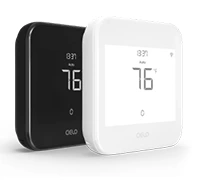
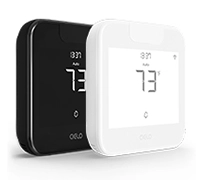
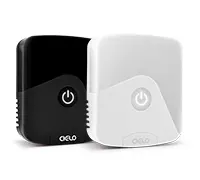
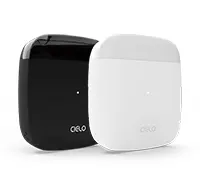
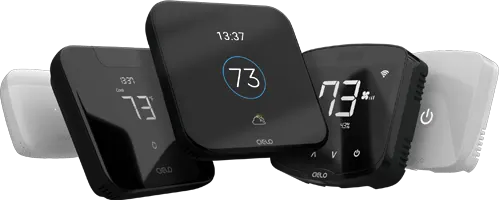
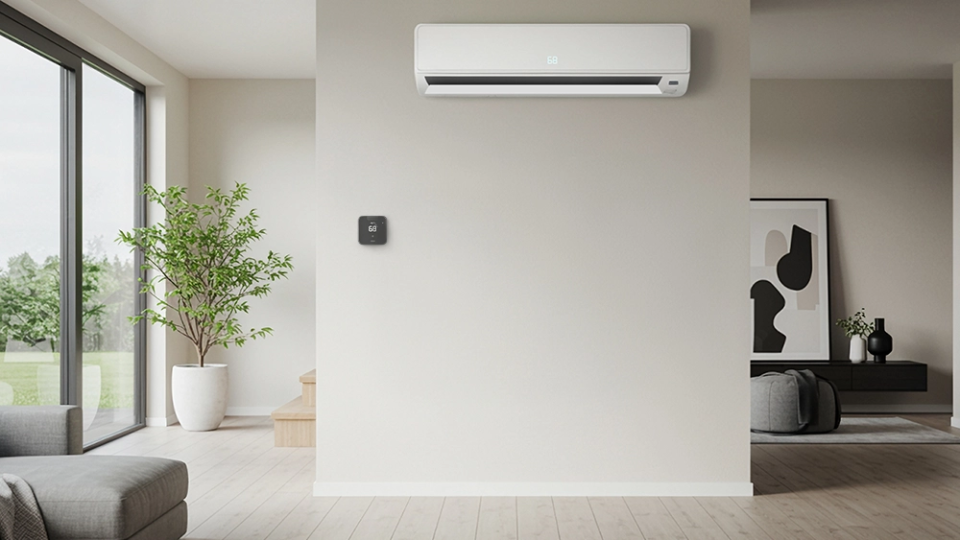
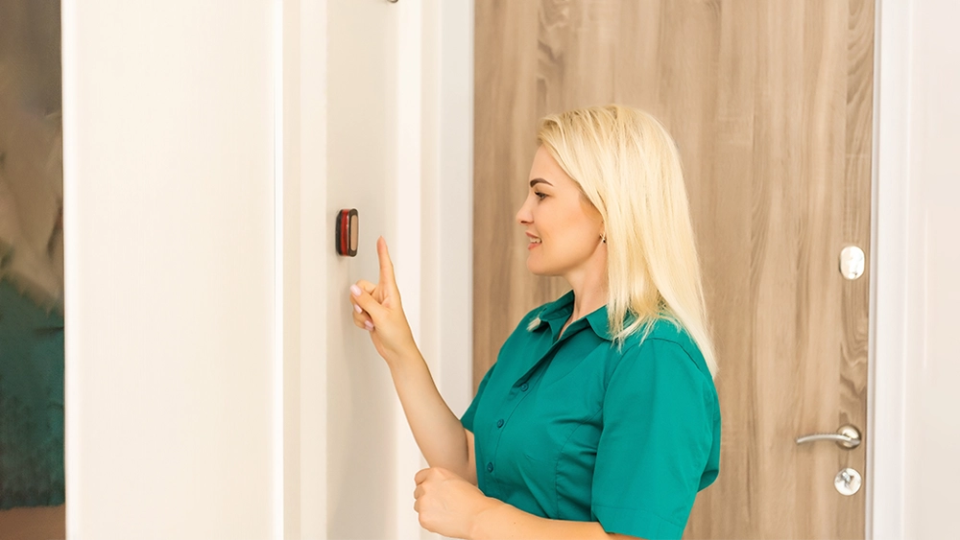
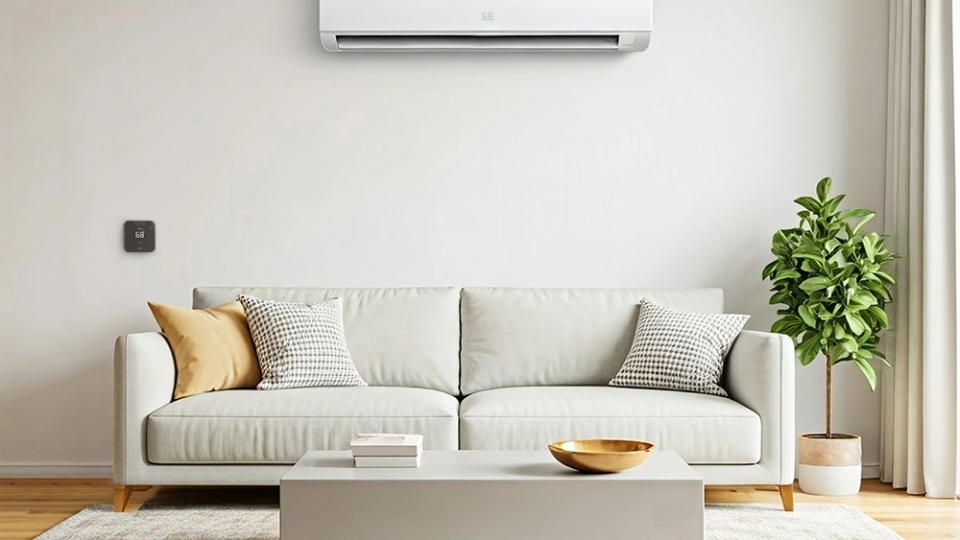
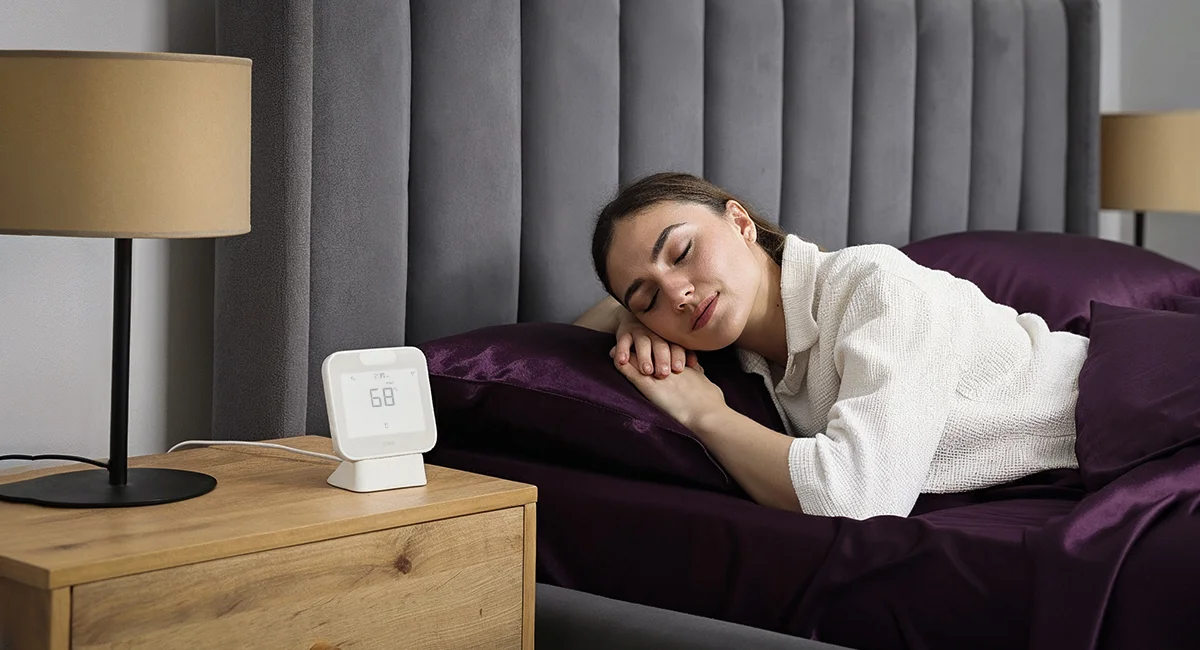
6 Comments. Leave new
The mobile app for my MRCOOL 9000 BTU Mini Split directed me to this blog post. Where can I find replacement filters to purchase my model? Thank you.
Wow! Nice!
The ac filter prevents any dirty air from entering the ac which, in turn, protects you and your family members from pollutants and allergens, and also it is important to use air purifiers in houses, or offices to prevent this disease.
I need a 21 x 21 air filter for my AC unit. Do you have this size?
Hi Robert, we have smart AC controllers that work with mini-split, window or portable AC and make them smart in minutes! But we don’t sell AC filters.
Thiѕ blog was… how do I say it? Relevant!! Finallу I have found something that helped me. Thanks a lot!